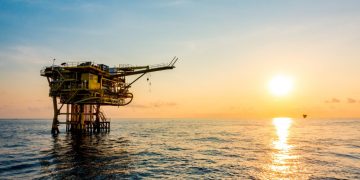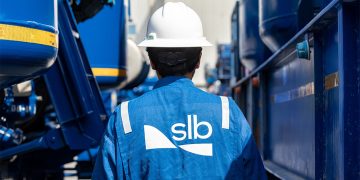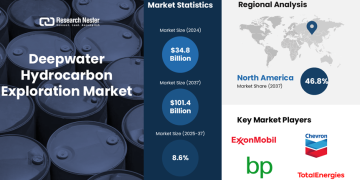British Shell, American APA and Argentine YPF Have Confirmed Their Interest in Searching For Oil Off The Coast of Uruguay
Uruguay’s state energy company ANCAP has signed contracts for four offshore blocks with three oil and gas players under the framework of the Open Uruguay Round, in effect since 2019. As a result, the British Shell, the American corporation APA and the Argentine national oil company (NOC) YPF will be able to begin exploration and possible exploitation of oil resources off the coast of South America. With these deals, Shell, APA and YPF have confirmed their interest in finding oil off the coast of Uruguay and can begin a new phase of hydrocarbon exploration under Uruguay’s four offshore licenses covering OFF-6 (APA), OFF-2 and OFF-7 (Shell) , as well as OFF-5 (YPF).
These contracts are in addition to the existing contract with Challenger Energy for Block OFF-1. ANCAP said the contract for OFF-4, an APA-Shell consortium block adjacent to the Challenger OFF-1 block, is expected to be signed soon. This will be followed shortly by the signing of a contract for the Challenger OFF-3 license, the last remaining offshore block in Uruguay, opening in May 2023.
The contract period may be 30 years, including exploration and subsequent production. The first exploration sub-period lasts four years and companies undertake certain obligations to ensure the right to extension.
Subject to permits and approvals, seismic surveys could be conducted as early as late 2024 or early 2025. 3D seismic exploration over an area of 2500 km2 will be carried out by the APA – Shell consortium in block OFF-4.
The total investment is about $130 million.
The signing of contracts with world leaders on several offshore blocks has defined the landscape for Uruguay’s operators, providing confidence for their upcoming large-scale exploration programs, and paving the way for potential 3D seismic surveys in late 2024, early 2025.
ANCAP stresses that the contracts signed with these oil companies do not allow for the venting or flaring of natural gas, so the carbon intensity of barrels produced in Uruguay, if a discovery is made, is expected to be among the lowest in the world.







